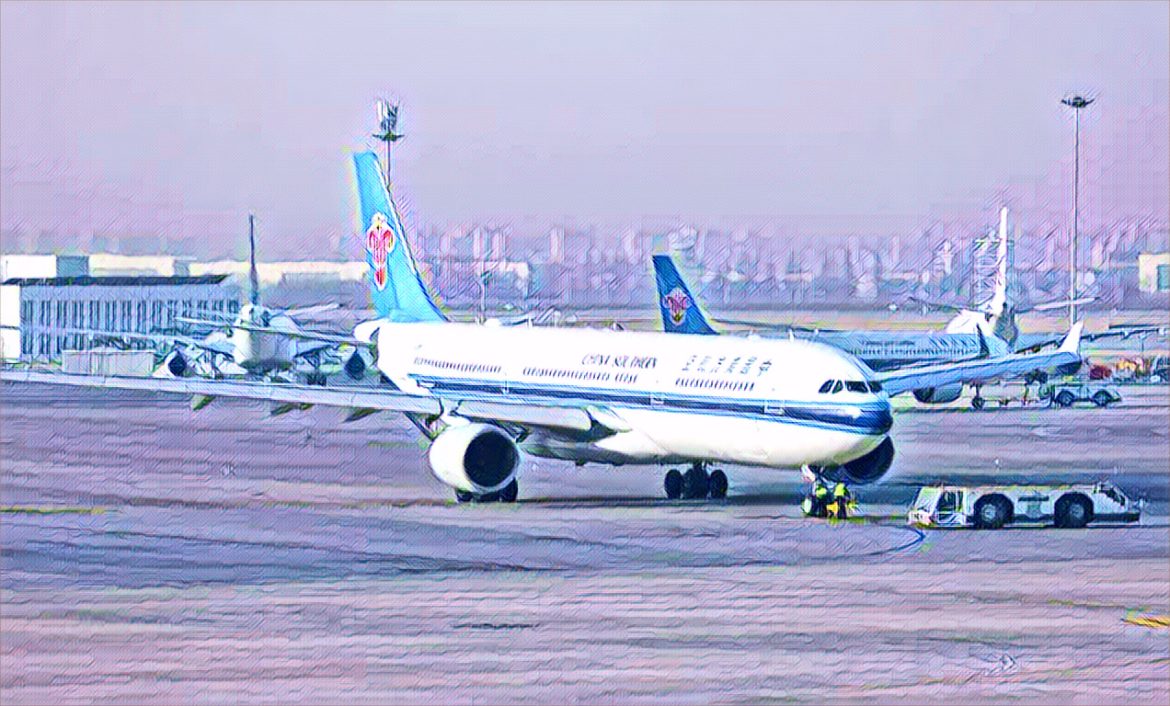Lagos State, Nigeria’s economic hub, has announced plans to launch its airline, Lagos Air, as part of its vision to become a smart city. The state governor, Babajide Sanwo-Olu, said the airline would complement the upcoming Lekki airport, which is expected to be completed under his administration.
The idea of a state-run airline is not new in Nigeria. Akwa Ibom State, an oil-rich region in the south, established Ibom Air in 2019 and currently operates nine aircraft. The airline has gained a reputation for its on-time performance and customer service and has expanded its routes to include Ghana.
Lagos State, however, faces a bigger challenge than Akwa Ibom, as it has to compete with more established airlines in a crowded and volatile market. Nigeria has seen many airlines come and go over the years, due to factors such as high operating costs, poor infrastructure, regulatory hurdles, and low demand.
To succeed, Lagos Air may need to look beyond Ibom Air and learn from the successful model of China’s state-owned airlines, which have grown to become global players in the aviation industry. China has 16 out of 28 indigenous airlines that are fully controlled by the government, which provides them with strong support, investment, and strategic partnerships.
Some of the key features of China’s state-owned airline model are:
- Government support and investment: The Chinese government provides financial assistance, access to capital, and favorable policies to its state-owned airlines, enabling them to expand their fleets, develop infrastructure, and compete globally.
- Market dominance: Chinese state-owned airlines, such as China Eastern Airlines, China Southern Airlines, and Air China, dominate the domestic market due to their extensive route networks, efficient operations, and competitive pricing. With China being the world’s most populous country, there is a high demand for air travel, which these airlines effectively capitalize on.
- Strategic partnerships: State-owned airlines in China have formed strategic partnerships with international carriers, joining global airline alliances such as SkyTeam and Star Alliance. These partnerships enhance their global reach, improve service quality, and facilitate code-sharing agreements, allowing them to offer a wider range of destinations to passengers.
- Government control and stability: Being state-owned, Chinese airlines benefit from government control and stability. This ensures continuity in strategic planning, regulatory compliance, and long-term investment, providing a sense of security to both investors and passengers.
- Modern fleet and infrastructure: Chinese state-owned airlines operate modern fleets equipped with advanced aircraft, offering passengers a comfortable and safe travel experience. Moreover, China has invested heavily in airport infrastructure, including the construction of new airports and the expansion of existing ones, to accommodate the growing demand for air travel.
- National development goals: Chinese state-owned airlines align with the country’s broader development goals, including promoting tourism, boosting trade, and enhancing connectivity. As key players in China’s aviation sector, these airlines contribute to the country’s economic growth and international influence.
Lagos Air could adopt some of these features to create a viable and sustainable airline that would serve the needs of its residents and visitors, as well as support the state’s development agenda. Lagos State has a population of over 20 million people and accounts for about a third of Nigeria’s GDP. It also has a vibrant tourism and entertainment sector, attracting millions of domestic and foreign tourists every year.
By leveraging its economic and demographic advantages, Lagos Air could carve a niche for itself in the Nigerian and West African aviation market, and potentially expand to other regions in the future. However, it would also have to overcome some of the challenges that plague the Nigerian aviation industry, such as poor infrastructure, high taxes and fees, security issues, and currency fluctuations.
Lagos Air would also have to ensure that it operates with transparency, accountability, and professionalism, and avoids the pitfalls of corruption, mismanagement, and political interference that have marred some of the previous attempts to establish state-run airlines in Nigeria.
If Lagos Air can learn from the best practices of China’s state-owned airlines, as well as from the mistakes of its predecessors, it could become a success story that would inspire other states and regions in Africa to follow suit.
Source: BusinessDay


